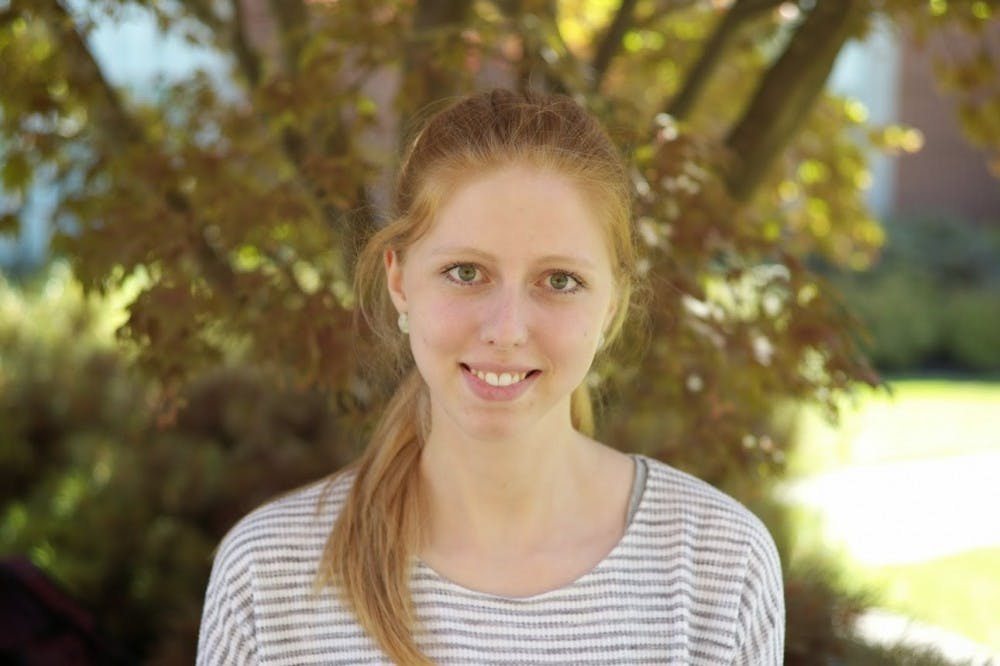By Alina Rosenkranz |
We are free. We have freedom because we live in a democracy. This is what we hear and believe growing up. It is a privilege that not many people seem to appreciate anymore.
Comparing the 2008 U.S, presidential elections to the ones in 2012, voter turnout sank from 62.3 to 57.5 percent, according to the Bipartisan Policy Center.
The U.S. is not the only country that is facing a low voter turnout. All around the world, in countries that have been democracies for centuries, voter turnout is just as low as it is in the U.S.
In contrast, are countries in which people today lose their lives in revolutions fighting for democracy. Often they are not successful.
One example is Egypt. The 2011 revolution at first seemed to be successful. The first democratic presidential elections in 2012 followed, and Mohamed Morsi became president. In the following months he granted himself more and more power, which led to new protests. In 2013, the military removed Morsi from his position. This brought a new time of uncertainty with the military in power and new elections in 2014. Egypt’s president today is Abdel Fattah el-Sisi, but the country is far away from peace.
In Syria, protests for democracy soon turned into war when President Bashar al-Assad started to fight them with his military. According to the New York Times, the death toll was as high as 191,000 people as of August.
In September, protests for more democracy began in Hong Kong. Thousands of students were blocking streets, and calling for a change, and are still pushing their cause today. The Chinese government is most likely not going to give an inch.
I follow the news and am shocked every day. It makes me sad to realize that the opportunity we have to participate in our democracy we have goes to waste. I start to wonder what the reasons for that might be.
Many people I talk to don’t care too much about politics, economics and worldwide relations, or at least not enough to take a second look at these issues. They might have heard about something on the news, but wonder what all that has to do with them. Other things seem more urgent: exams, parties, the new iPhone or personal problems.
I get it - we have enough to do handling our own lives, and what can we do about the big issues anyway?
Additionally, people don’t trust the government much. It seems like all it does is to create new problems, instead of solving them as promised. Some people go as far as to say it doesn’t even make a difference if one votes for Democrats or Republicans.
To me, it seems odd to only have two parties to choose from. In other countries, there is more of variety of parties, and yet the two biggest always seem to be the same. In my home country, Germany, for example, the governing parties currently hold 80 percent of seats in the parliament. This leads to less democracy, more frustrated people and fewer votes cast.
Let me be honest: I don’t have an answer to these problems. But I don’t look away. I raise my voice.
Alina Rosenkranz is a reporter for The Beacon. She can be reached at rosenkra17@up.edu.








